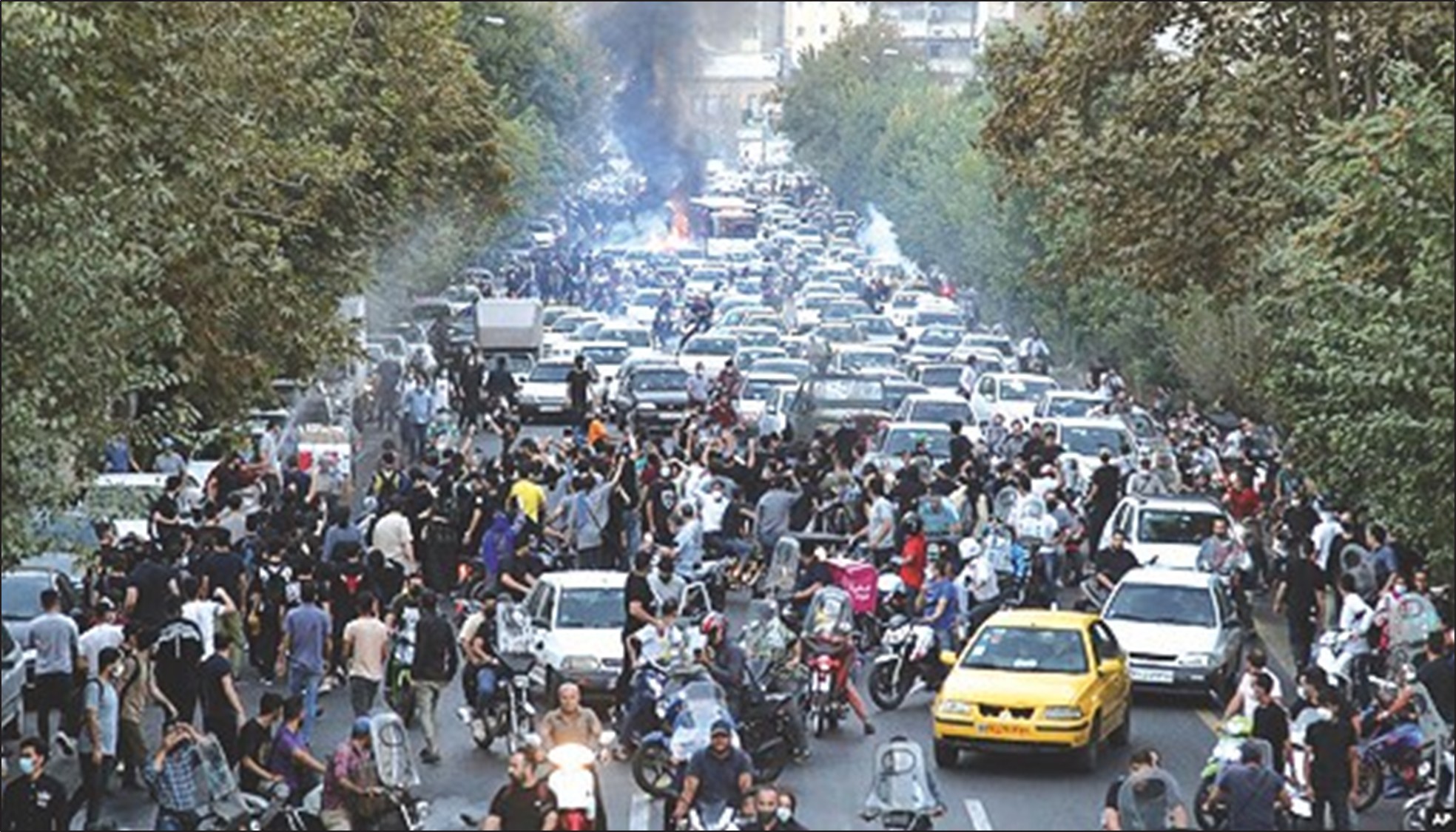By Michael Rubin
In the Iranian context, the president is about style while the supreme leader is about substance. Or, put another way, to understand the relative power of the Iranian president if transposed onto the US political hierarchy, he’s about as powerful as the secretary of agriculture when push comes to shove. And yet, speaking to CNN interviewer Fareed Zakaria in an interview aired last week, Obama declared, “…You know, the Supreme Leader is a politician, apparently, just like everybody else.”
It’s an important statement on a number of levels, and it exposes a number of both false assumptions on the part of the president and logical flaws in his approach to Iran. I’ve detailed a number of these in my regular contribution to Commentary but, in short:
- Khamenei is no politician. He derives his legitimacy from God, and technically serves not only as the vali-ye faqih (Guardian Jurist) but also as the Nayeb-e Imam (Deputy of the Messiah). He does not derive his legitimacy from ordinary citizens, as most politicians would. The Messiah is not known for compromise to worldly public opinion.
- Obama has repeatedly cited Khamenei’s supposed fatwa (declaration in answer to a religious question) against nuclear weapons as a reason to negotiate with the Iranian leadership. Let’s put aside the fact that if Khamenei’s fatwa was solid, then there would be no reason to negotiate an agreement because Iran would not have been experimenting with nuclear warhead design. And let’s put aside the fact that Khamenei’s word isn’t worth much if he issued a fatwa and Iran then nonetheless experimented with possible military dimensions to a nuclear program. And let’s put aside the fact that neither Khamenei nor Obama have been able to produce the fatwa. Instead, consider that Obama on one hand believes Khamenei to be a politician and then on the other trusts him as a religious leader. Politicians change positions according to the public mood. Indeed, in the Zakaria interview, Obama cites this as a Khamenei virtue. If the supreme leader is really simply a politician, then what can be the basis for trust in his fatwa?
- Obama has likewise compared opponents of the nuclear deal Secretary of State John Kerry negotiated to Iran’s hardliners. That’s cheap and divisive, but it is meant both to distract from substantive debates about the merits and flaws of the deal (there are many), and also to seal the deal after Obama and his proxies first argued that opponents couldn’t possibly criticize the deal until it was negotiated, and then immediately argued that opponents couldn’t possibly criticize the deal because it was a fait accompli. But, if Khamenei is really simply encouraging chants of “death to America” to appease hardliners, doesn’t that mean that the Iranian public is more radical than Obama and Kerry describe? And if Khamenei has supported terror cells seeking to operate not only in Washington, DC, but also elsewhere in the United States, would that be to appease a political constituency as well? Or is it possible Khamenei is simply committed to terror?
- Fortunately, the Iranian people are more moderate than the Supreme Leader, but this then exposes another flaw. Kerry constructed the deal to provide Iran with perhaps $100 billion in sanctions relief almost upfront. This creates the same incentive structure as giving a 5-year-old child dessert first after soliciting a promise that he would then eat his spinach. Because of the structure of the Iranian economy, the bulk of that hard currency windfall will go into the coffers of the Islamic Revolutionary Guard Corps, the very group which defends the Supreme Leader from accountability to the people. Rather than encourage moderation, therefore, Obama’s deal retards it.
Obama’s handlers are professionals. They repeatedly offer Obama up to the New York Times’ Tom Friedman, The Atlantic’s Jeffrey Goldberg, or CNN’s Zakaria. They do not want Obama challenged on his basic premises and they don’t want journalists to test his assumptions. From the White House perspective, Zakaria did not disappoint. Nevertheless, the inconsistencies of the assumptions Obama makes are so great, they are increasingly impossible to hide.
Michael Rubin is a resident scholar at the American Enterprise Institute





















